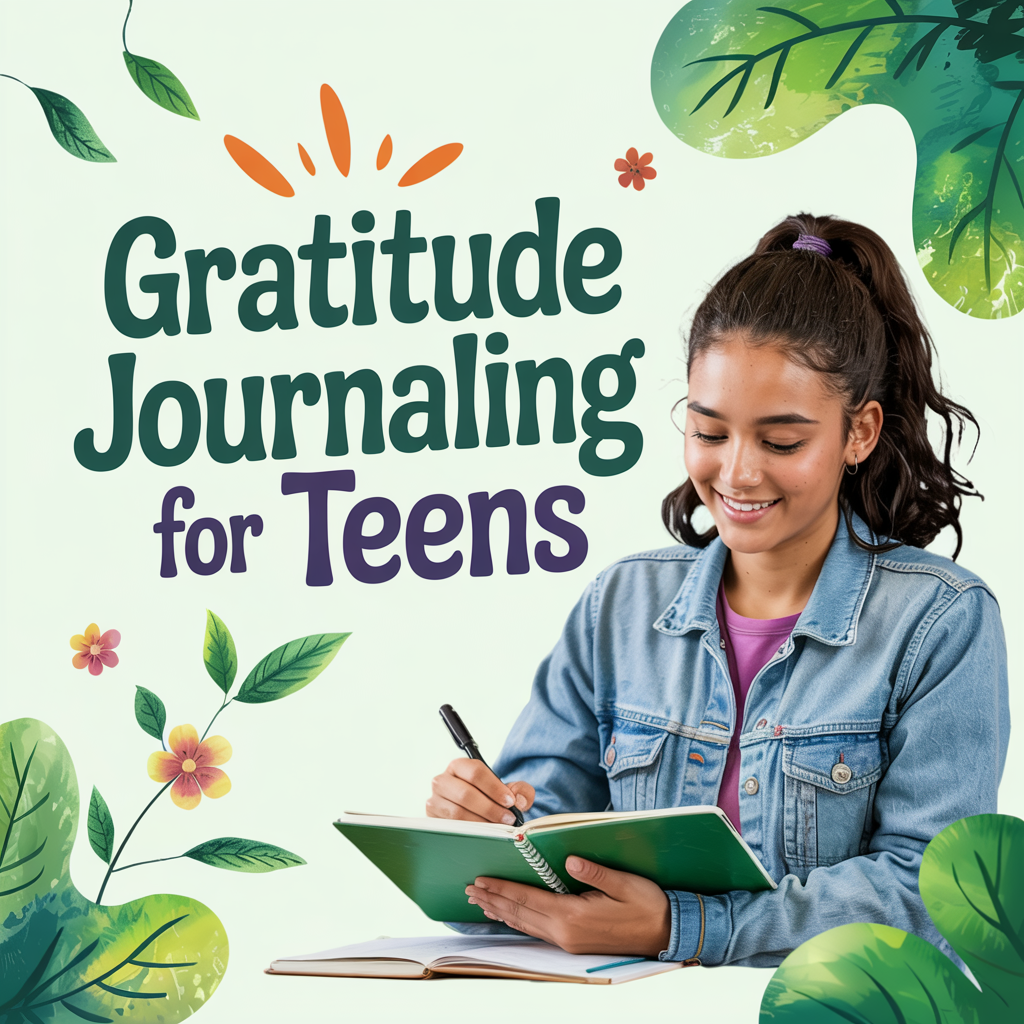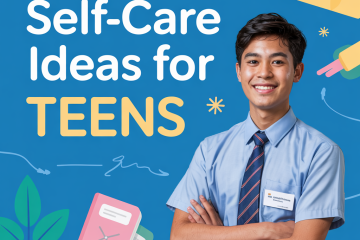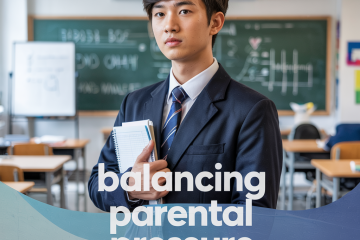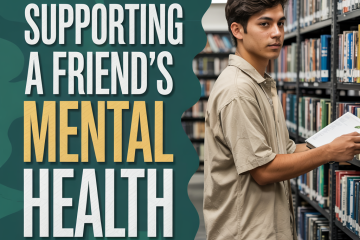Gratitude Practices for Teens: Simple Ways to Boost Positivity & Perspective

Life can feel overwhelming sometimes, especially when your focus shifts to what’s going wrong or what you’re missing. But practicing gratitude — intentionally noticing and appreciating the good things in your life, big or small — is a simple yet powerful way to boost your mood and shift your mindset.
Using tools like gratitude journal prompts or other easy exercises can help build positive thinking habits that benefit students both emotionally and mentally.
Want to build more positive habits that help teens thrive? Explore free resources at Cirkled in.
Shifting Focus to the Good Stuff
Our brains often naturally focus on problems or negatives (it’s a survival thing!). Gratitude practice trains your brain to also notice and appreciate the positives, which can improve overall well-being and perspective, aiding in boosting teen positivity.
What is Gratitude and Why Practice It?
Gratitude is simply the feeling or expression of thankfulness and appreciation. Practicing it means actively taking time to recognize things you are thankful for. It’s not about ignoring problems, but about balancing your focus by also acknowledging the good.
Science-Backed Benefits of Gratitude Practice
Research suggests that regularly practicing gratitude can lead to:
- Increased feelings of happiness and optimism.
- Reduced stress and symptoms of anxiety/depression.
- Better sleep quality.
- Improved relationships (when gratitude is expressed).
- Greater resilience in facing challenges.
- Increased feelings of connection.
These are significant benefits of gratitude practice.
Simple Gratitude Exercises for Teens
You don’t need fancy tools or lots of time. Try these daily gratitude ideas:
The Gratitude Journal (Prompts Included!)
- How: Spend 5-10 minutes daily or a few times a week writing down things you’re grateful for in a notebook or app.
- Prompts: If you get stuck, use gratitude journal prompts teens might like:
- What are 3 things that went well today, no matter how small?
- Who is someone you appreciate and why?
- What skill or talent are you thankful for?
- What is something beautiful you saw or heard today?
- What is something simple that brought you comfort (a warm drink, a cozy blanket)?
- What made you smile or laugh today?
- What challenge are you grateful to have overcome?
- What basic needs (food, shelter, safety) are you thankful for today?
Three Good Things Exercise
- How: At the end of each day, think of or write down three specific things that went well and briefly explain why they went well. This helps focus on positive events and your role in them.
Gratitude Jar
- How: Keep a jar and slips of paper nearby. Whenever something good happens or you feel grateful, write it down and put it in the jar. Read through the slips occasionally, especially when feeling down.
Expressing Thanks to Others
- How: Make a conscious effort to thank people genuinely – friends, family, teachers, service workers. Write a thank-you note (physical or digital) to someone you appreciate.
Mindful Appreciation Moments
- How: Throughout the day, take brief moments to pause and consciously appreciate something simple – the warmth of the sun, the taste of your food, a moment of quiet, a nice interaction.
Making Gratitude a Habit
- Be Consistent: Try to practice daily or several times a week, even if just for a few minutes.
- Link it to Routine: Tie your practice to an existing habit (e.g., before bed, during breakfast).
- Keep it Simple: Don’t make it feel like another chore. Choose practices you enjoy.
- Be Specific: Instead of “I’m grateful for my family,” try “I’m grateful my sister helped me with homework today.”
Final Thought: Notice the Good, Feel Better
Practicing gratitude is a free, simple, and powerful way to boost your mental well-being. Whether you use journal prompts or try other easy gratitude exercises, you’re training your brain to focus more on the positive. Building these positive thinking habits can lead to greater happiness, resilience, and a deeper appreciation for everyday life.
Start small — start today. Noticing the good makes a real difference.
Need more tips on college applications, scholarships, or just how to survive this whole process? Cirkled In has your back—check out Cirkled In resources to help you through every step of your college journey!
Check out Cirkled In and start owning your future today!



3 Comments
Cristian · August 12, 2025 at 2:46 pm
Good and great
Amy S · August 13, 2025 at 11:23 am
Good and great? We’ll take that as a double win, Cristian! 🙌💛 Keep that gratitude flowing—it’s the little things that make a big difference. 🌟✨
Kurt · December 4, 2025 at 8:47 pm
I’m consistently impressed by the quality of your work.